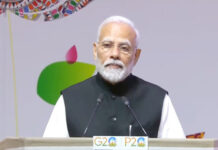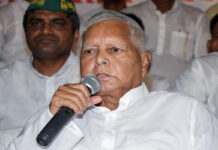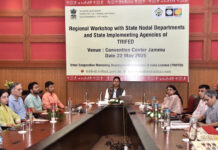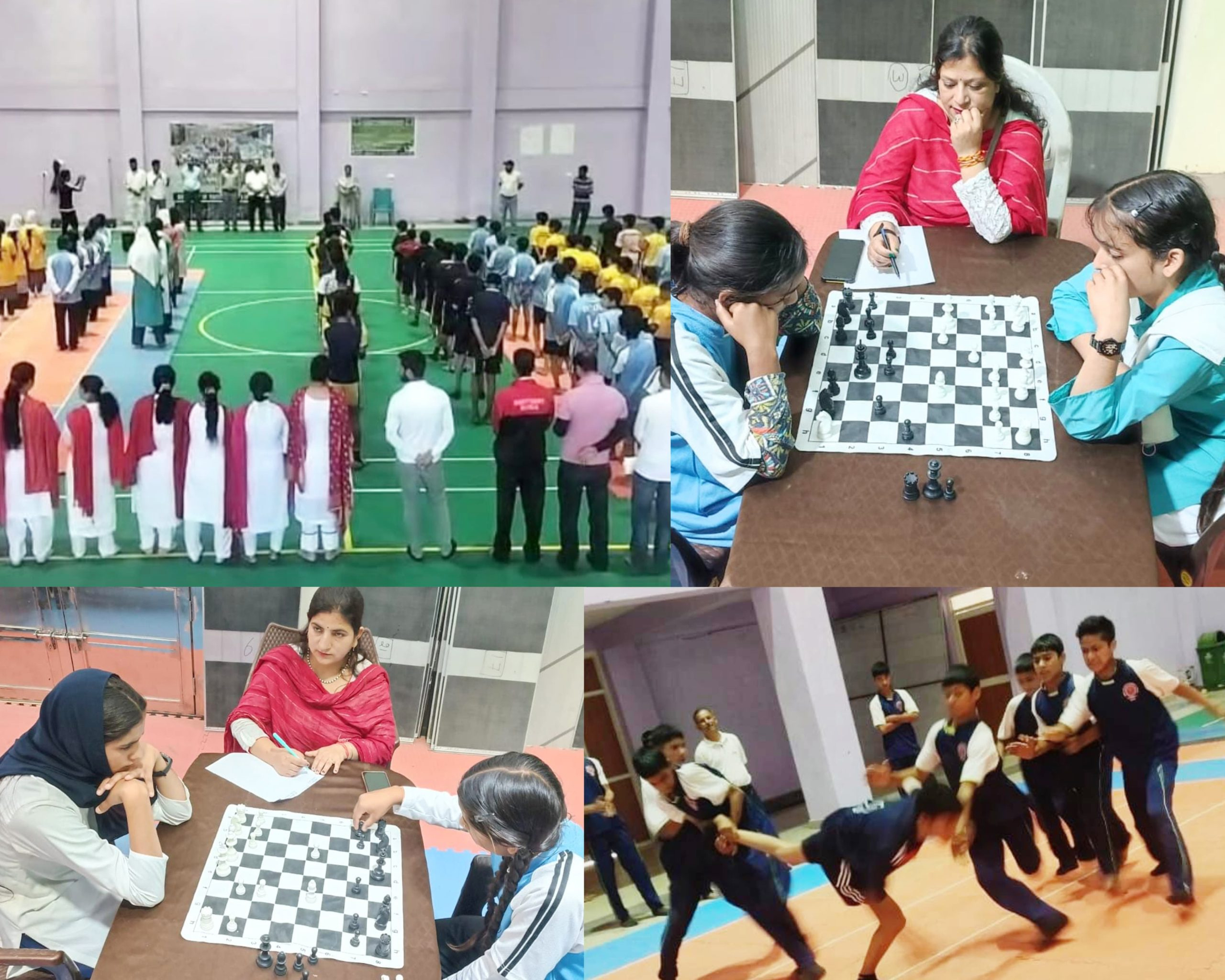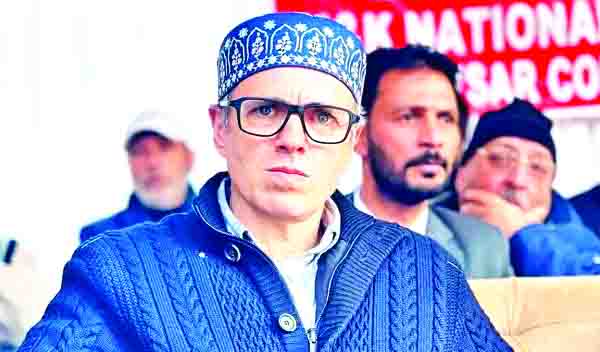DH NEWS SERVICE
New Delhi, Feb 18
Jammu and Kashmir Chief Minister Omar Abdullah on Tuesday said the three new criminal laws have been “by and large” implemented successfully in the Union Territory and it was important that the citizens are made aware about the provisions of the new Acts.
Abdullah was speaking to reporters outside the Ministry of Home Affairs (MHA) office after participating in a review meeting of the three laws that was chaired by Union Home Minister Amit Shah.
Jammu and Kashmir Lieutenant Governor Manoj Sinha and other senior officers were also part of the meeting.
“The meeting discussed the shortcomings and the areas to work upon for the smooth implementation of the three laws in Jammu and Kashmir,” Abdullah said.
The home minister (Shah) said in the meeting that so far a similar exercise has been completed for 11 states and UTs, he added.
“In case of Jammu and Kashmir, so far, the implementation of the new laws has been by and large successful except a few instances. These issues will be addressed,” Abdullah said.
The chief minister added that while the implementation of the new laws was “not the responsibility” of the elected government, but it was important that people were made aware about their contents and proceedings as these are new laws.
We will have to make efforts for making people aware about these three criminal laws, be it colleges, universities or other places, he said.
Abdullah said there was no discussion on the law and order issue in the UT, adding that this done when he met Shah at the Parliament recently.
“This meeting was different from the security review meeting,” he said.
Asked as to why he was not present in the two security review meetings for Jammu and Kashmir held recently, Abdullah said, “If a decision is taken that the elected government will not be called for the security review meeting, what can we do. That is ok.”
Asked about Leader of Opposition Rahul Gandhi’s disagreement during Prime Minister Narendra Modi chaired meeting to appoint a Chief Election Commissioner (CEC), Abdullah said that “dissent was his (Gandhi’s) right and he exercised it”.
“He has a right to dissent…that is why he is there. He is there to give a point of view, he is not there simply to agree with what the government suggests or proposes.”
“Where is it stipulated that the Leader of Opposition has to agree with what the government does? It is for the government to agree to it or not,” he said.
The Bharatiya Nyaya Sanhita, the Bharatiya Nagarik Suraksha Sanhita and the Bharatiya Sakshya Adhiniyam replaced the colonial era Indian Penal Code, the Code of Criminal Procedure and the Indian Evidence Act of 1872, respectively.
The new laws came into effect from July 1 last year.






